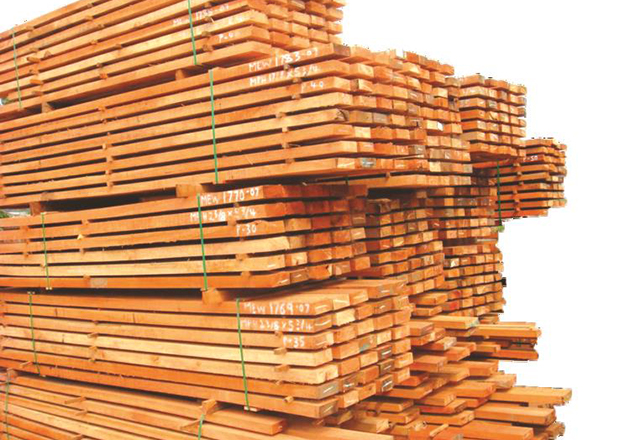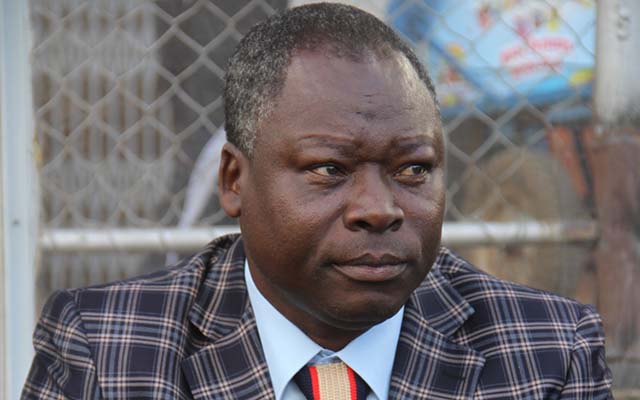Allied Timbers eyes 40 percent volume increase

Business Reporter
ALLIED Timbers is looking at increasing utilisation of harvested trees from about 40 percent, a move that is expected to increase volumes and revenue, CEO Dr Daniel Sithole said. “We will be looking at which products can we make from the 60 percent that we are throwing away and this is also in line with value addition and beneficiation under the Zim-Asset,” he said.“We manage the trees for about 30 years but we have only been utilising 40 percent.”
Dr Sithole said through technology, some companies around the world were already utilising between 80 and 90 percent of the trees, giving them more value from the resource.
Allied is a State owned company with more than 10 estates in Manicaland, Midlands and Matabeleland provinces. It was born out of Forestry Commission of Zimbabwe in 2003 and the idea of unbundling the commission was to separate regulatory activities from commercial activities. The intention was to enable both institutions to effectively pursue their mandates, with funds from the commercial wing supposed to assist in funding regulatory functions.
So the commercial wing gave rise to Forestry Company of Zimbabwe, later re-branded to Allied Timbers while regulatory activities were reconstituted into Forestry Commission.
Dr Sithole expressed satisfaction with the performance of regional export markets, particularly Zambia where the company is supplying electricity transmission poles.
“Our order book (for Zambia) is full while Botswana, Mozambique and Namibia are coming on board. We also have strong demand for our products on the local market,” he said.
This year, Allied is expecting exports to contribute between 30 and 35 percent of revenue. The company has embarked on aggressive replanting of trees. On the $20 million Belarus facility, Dr Sithole said the new equipment was expected by end of this year.
Under the facility, Allied would acquire harvesting, haulage and fire-fighting equipment from Belarus under a vendor finance arrangement. The facility is part of several loans Zimbabwe is getting from the Eastern European country to support productive sectors.
In June this year, Allied re-hired milling contractors to augment production after lifting the suspension, which was also meant to eliminate indiscriminate harvesting of trees.
The move was meant to ensure resource sustainability. Allied had awarded contracts to about 50 saw mill operators under a payment arrangement where harvested timber was equally shared between the company and the contractor. The arrangement was to cover Allied’s production shortfalls since it did not have capacity. Allied said it had established the rate at which the forests were being harvested was unsustainable.
“It is a stop gap measure but also an empowerment tool for our local people,” said Dr Sithole.








Comments